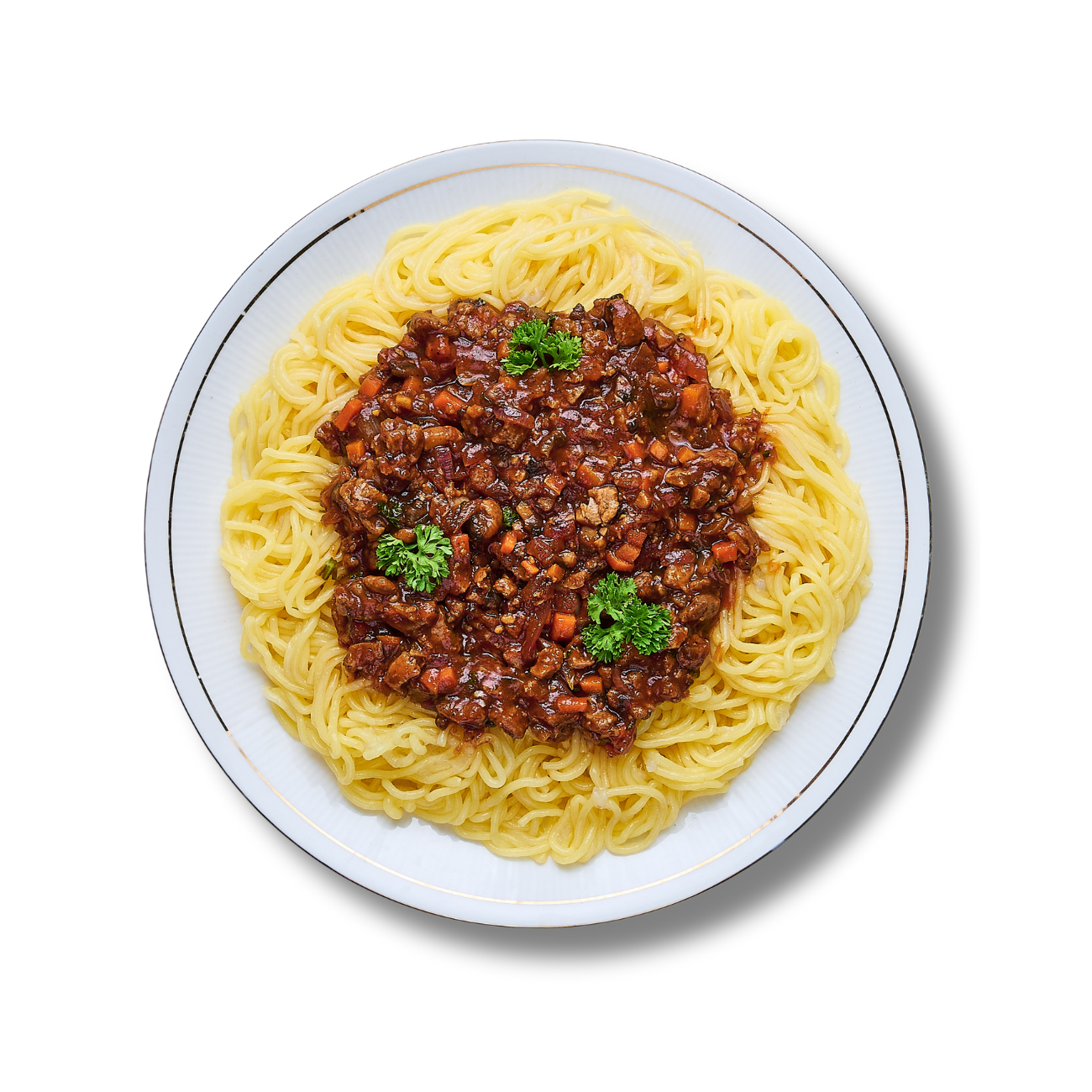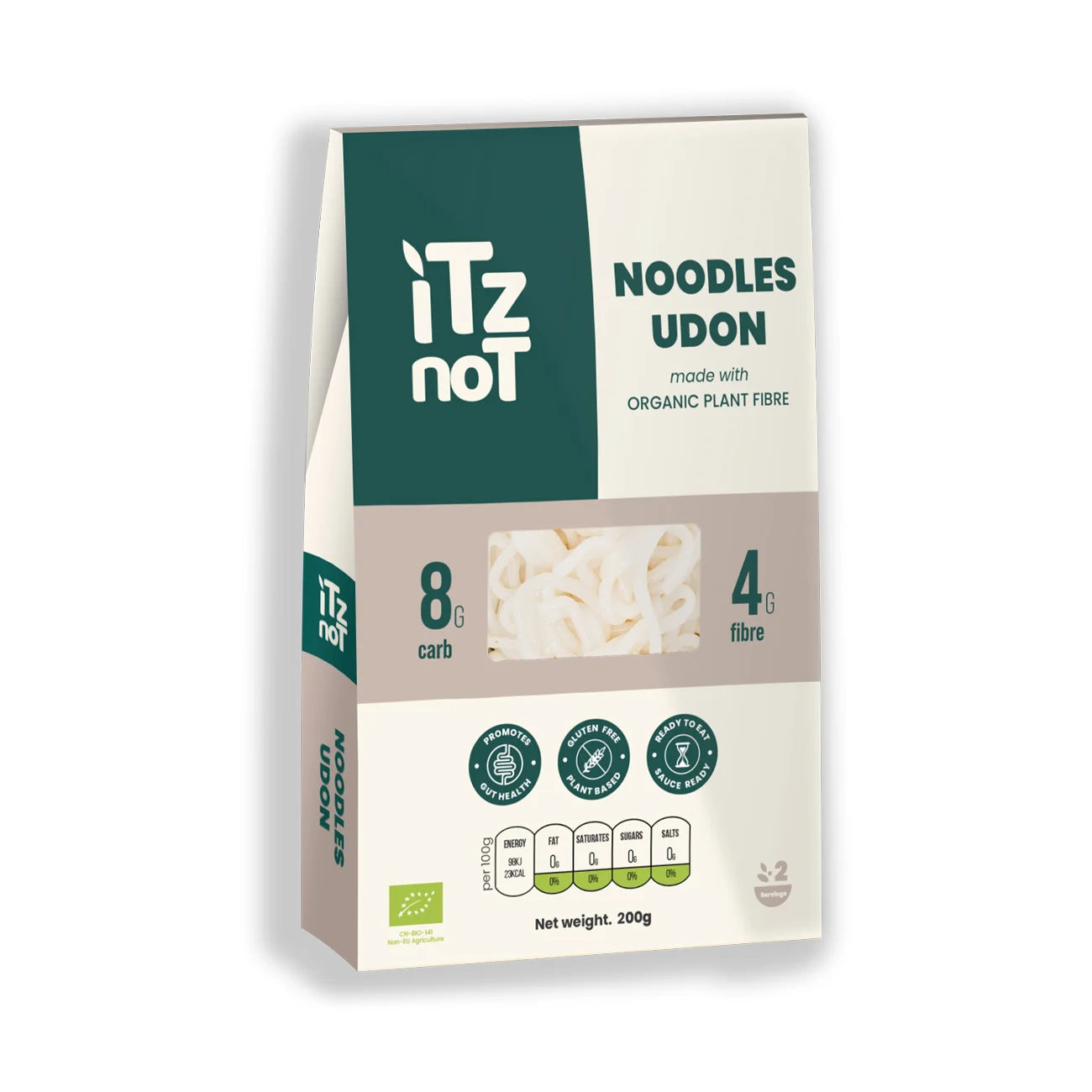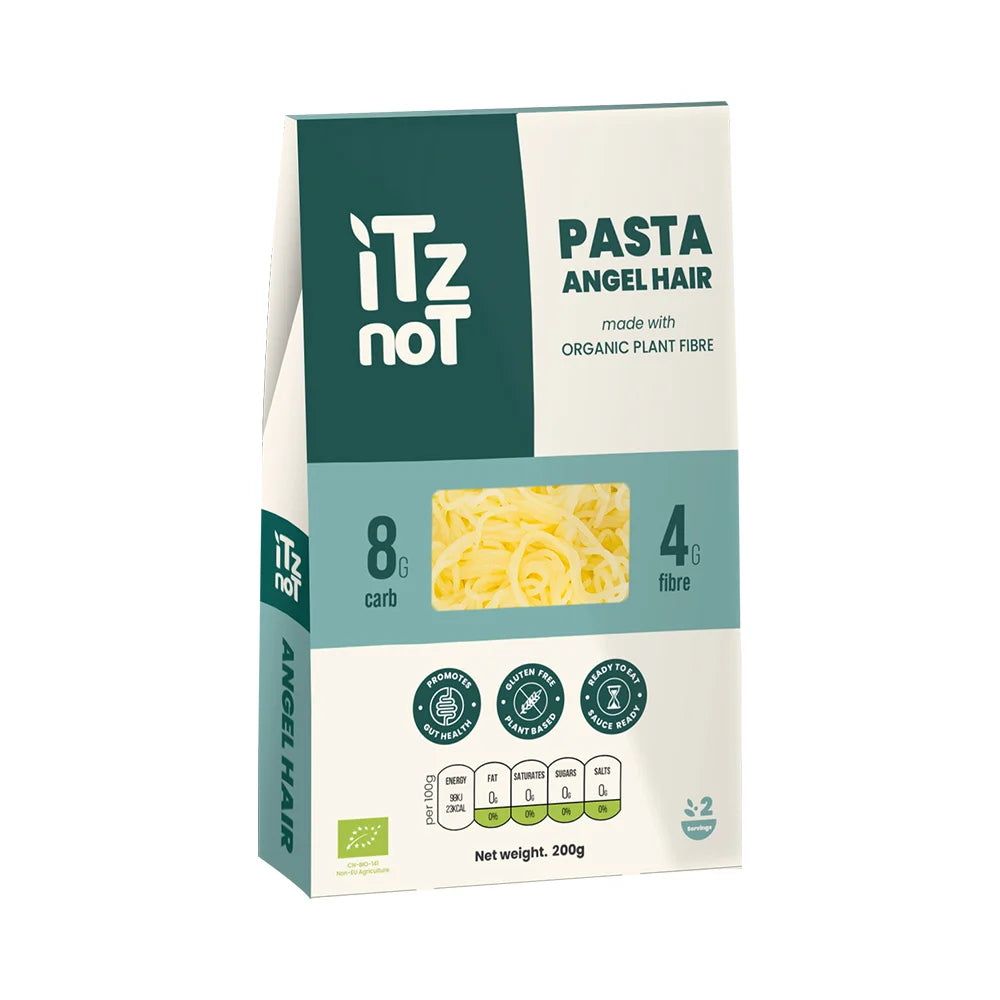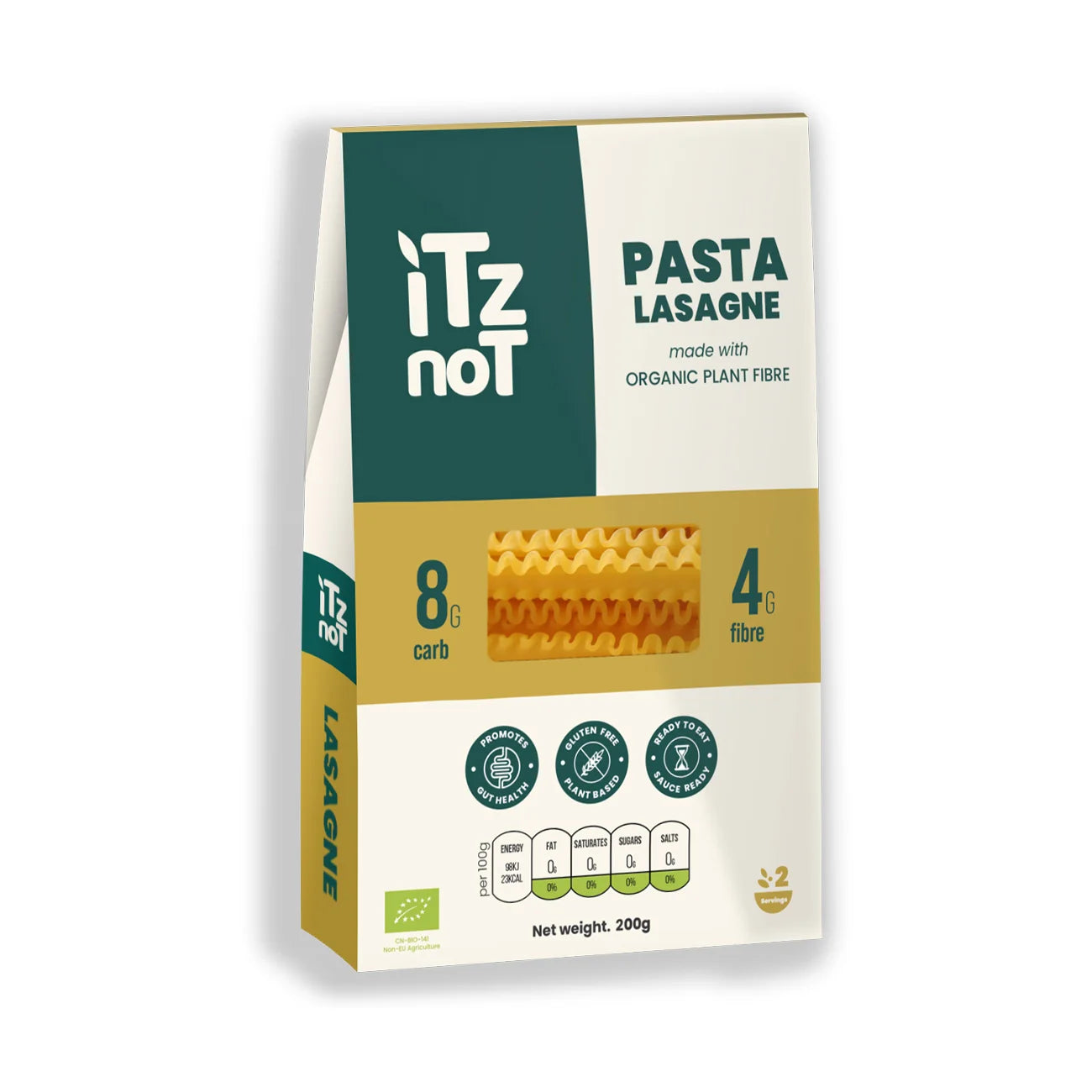
Nutrition for Seasonal Allergies in Children

Nutrition for Seasonal Allergies in Children
Springtime often brings blooming flowers and warmer weather, but for many children, it also signals the start of allergy season. Sneezing, itchy eyes, and a runny nose can be a real drag, but the right nutrition can help alleviate some of these pesky symptoms. Let's explore how to harness the power of food to support your child's immune system and combat seasonal allergies.

Understanding the Link Between Diet and Allergies
While not a cure-all, nutrition plays a crucial role in managing allergy symptoms. Certain foods can help reduce inflammation, boost the immune system, and alleviate congestion.
Key nutrients to focus on:
- Vitamin C: Found in citrus fruits, berries, and leafy greens, vitamin C supports immune function and may help reduce allergy symptoms.
- Omega-3 fatty acids: These healthy fats have anti-inflammatory properties that can help manage allergy symptoms. Sources include fatty fish, flaxseeds, and chia seeds.
- Quercetin: This antioxidant is found in apples, onions, and berries and has been shown to reduce allergy symptoms.
Allergy-Friendly Foods for Kids
Incorporating these allergy-fighting foods into your child's diet can make a significant difference:
- Fruits and vegetables: Aim for a variety of colorful produce, rich in vitamins, minerals, and antioxidants.
- Whole grains: Provide sustained energy and fiber, contributing to overall health.
- Lean proteins: Essential for growth and development, choose options like chicken, fish, beans, and tofu.
- Healthy fats: Found in avocados, nuts, and seeds, these fats support overall health and may help reduce inflammation.
- Probiotics: Found in yogurt, kefir, and fermented foods, probiotics can help balance gut bacteria, which may impact allergy symptoms.
Tips for Preparing Allergy-Friendly Meals
- Limit processed foods: These often contain additives and unhealthy fats that can contribute to inflammation.
- Cook at home: This allows you to control ingredients and portion sizes.
- Get creative: Involve your kids in meal planning and preparation to make healthy eating fun.
- Pack healthy snacks: Provide allergy-friendly options for school or on-the-go.
Conclusion
By incorporating allergy-friendly foods into your child's diet, you can help manage their symptoms and support their overall well-being. Remember, while nutrition plays a significant role, it's essential to consult with a pediatrician for personalized advice and treatment.










































